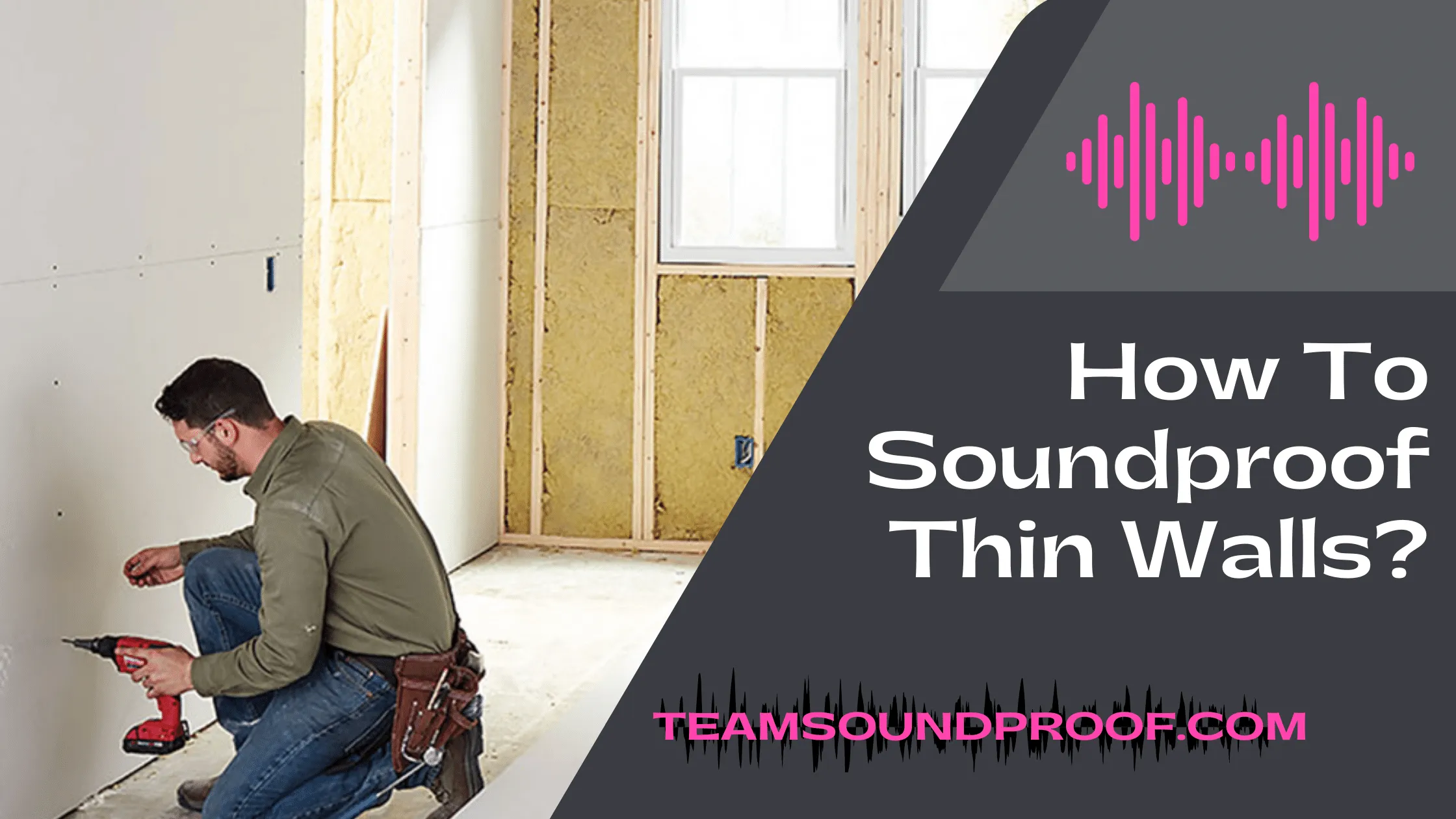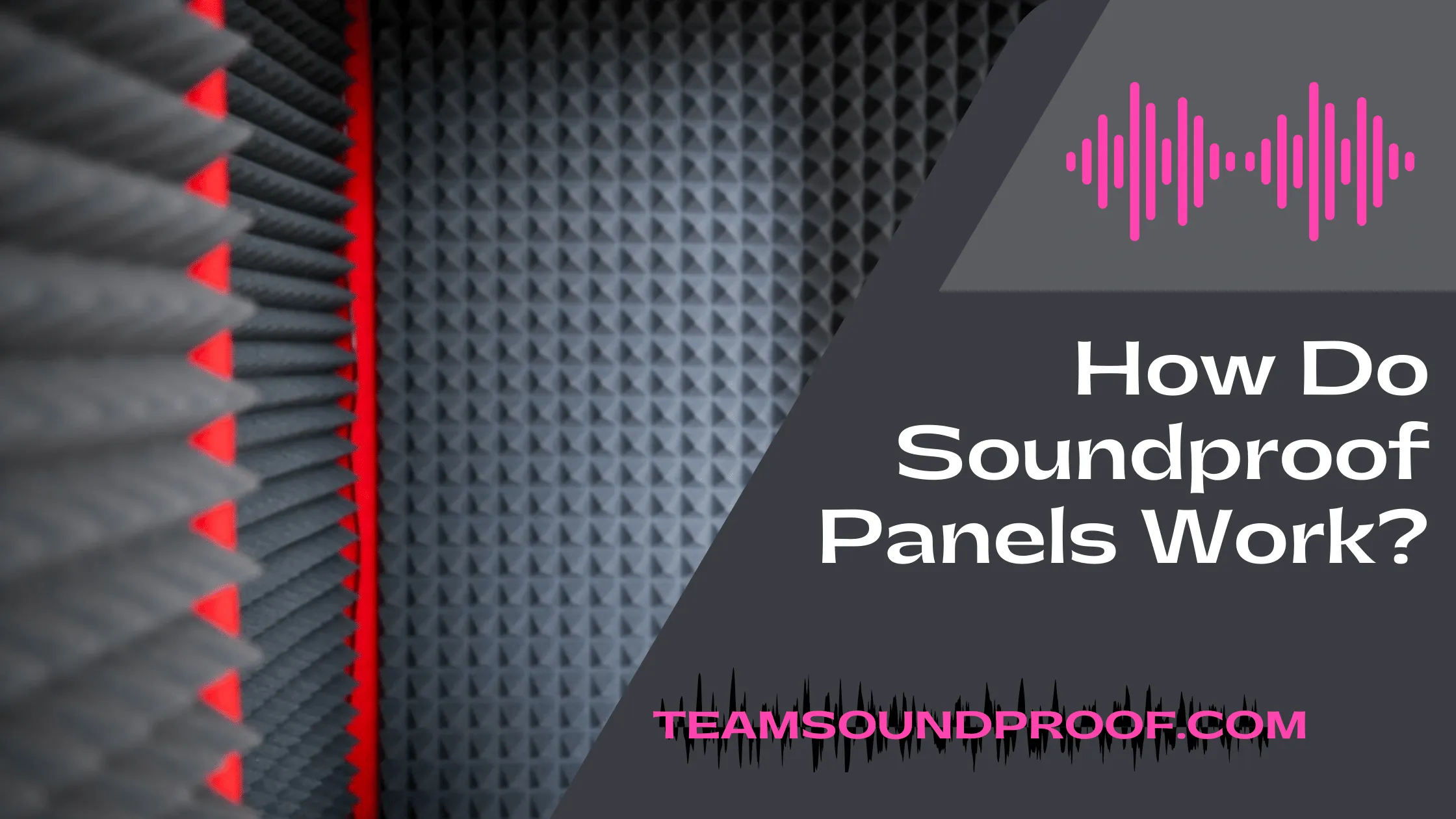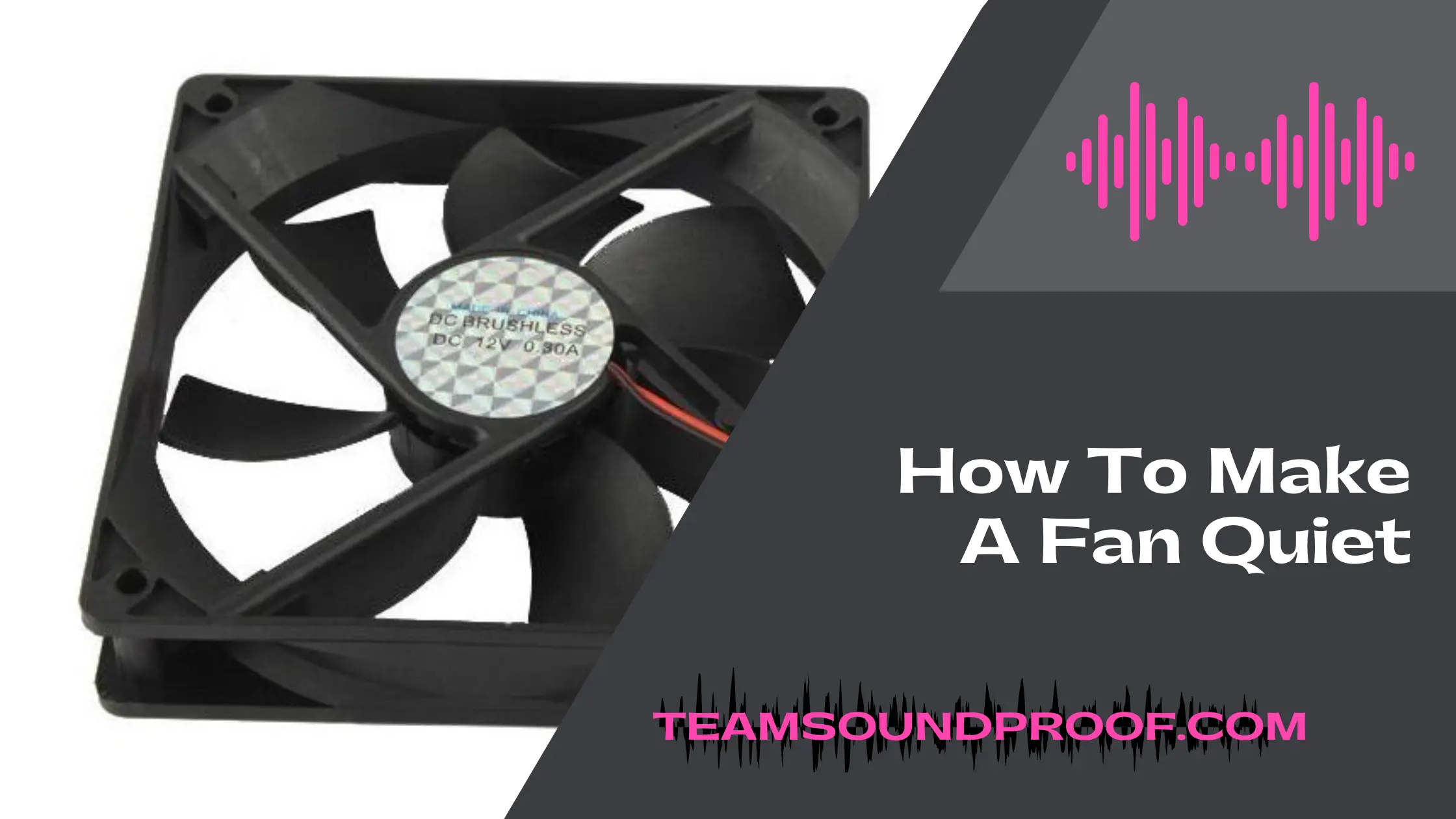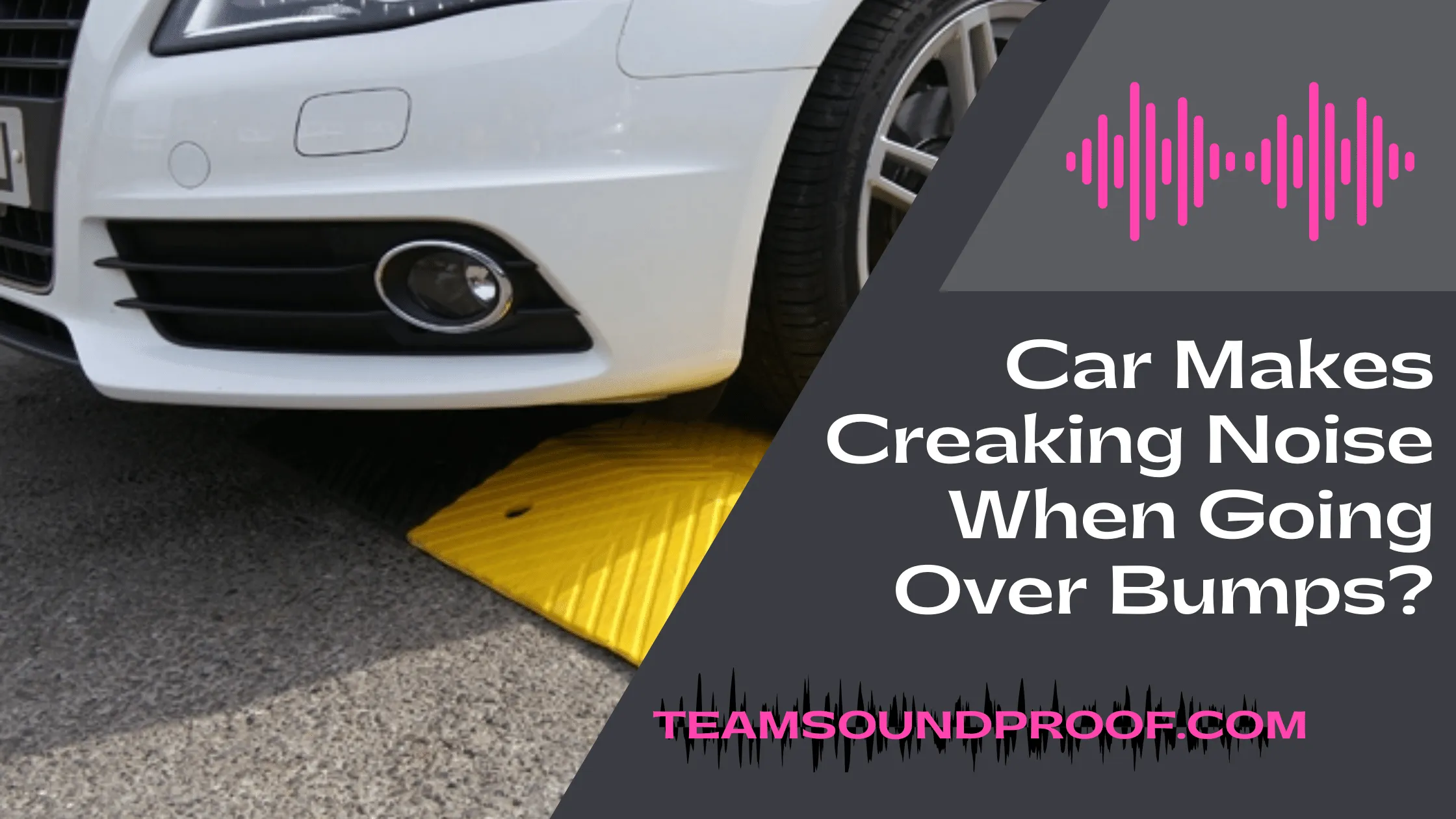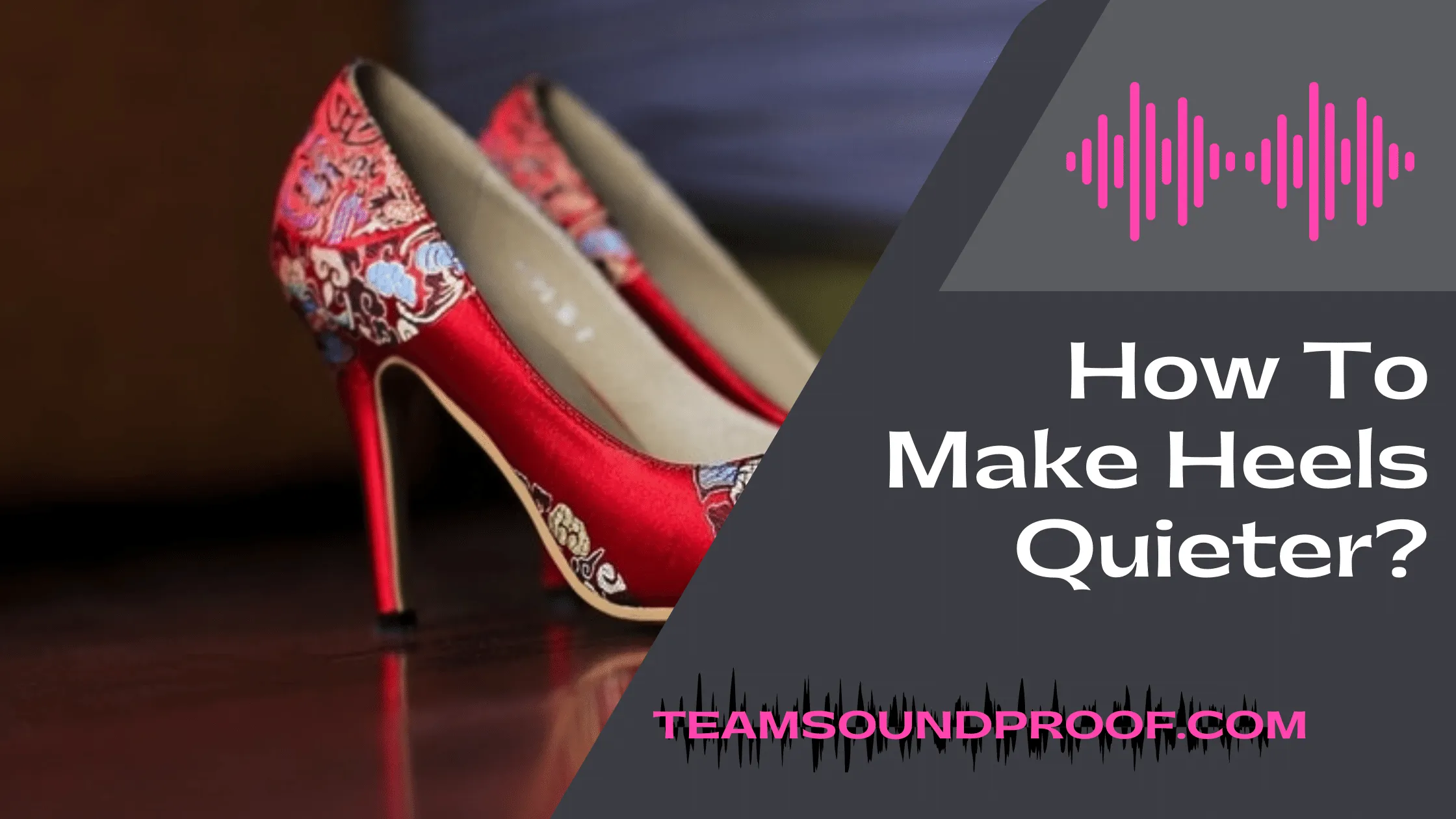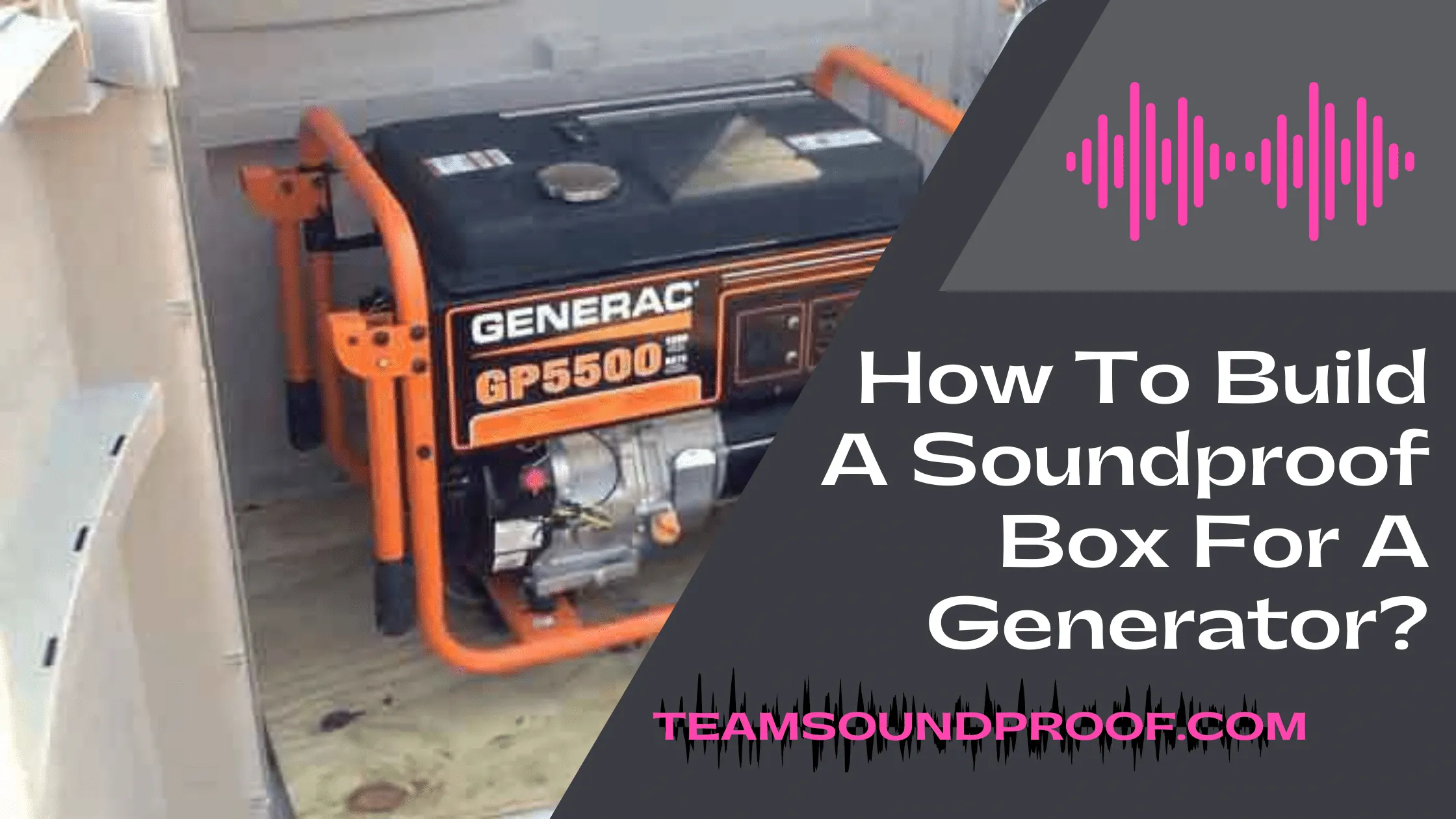If you’re a musician looking for ways to keep band practice from taking over your home, soundproofing your basement is the way to go. While it may seem like an intimidating project - there are numerous tools and techniques available that make soundproofing easy and cost-effective.
In this blog post, we’ll be walking through How To Soundproof A Basement For Band Practice from start to finish so that you can use your space without bothering others in your house or neighborhood.
How to Soundproof a Basement for Band Practice?
Most people find noise to be an unwelcome distraction. This rings especially true if you live in a suburban area where your neighbors are within earshot of your daily activities. If you’re looking to create a dedicated space for band practice, then soundproofing is likely on the top of your list of priorities.
Fortunately, there are a few easy ways that you can help enhance your basement studio and make it the perfect place to let loose with your instruments. Here are some tips to help get started making your home studio soundproofed and ready for showtime.
The first step in any sort of soundproofing project should always be identifying where or what specifically is causing the unwanted noise. By determining exactly which parts of the space are causing the issue, you can then take steps to address those specific areas and reduce the noise.
Common culprits of unwanted sounds can include anything from hard surfaces like concrete or glass to HVAC systems or electrical outlets. It’s important to note that the DIY route to soundproofing is often less complex and more cost effective than hiring professional experts.
Once you have identified these problem areas, your next step should be to explore options for soundproofing materials that can help dampen and absorb these noises. A few popular materials used for this purpose include acoustic foam panels, insulation, fabric barriers, and heavy curtains.
Experiment with a variety of different configurations and combinations until you find one that works best for your space. This may require some trial and error, but it will help you find the optimal way to dampen any unwanted noises.
Another important step in creating the perfect soundproofed studio is ensuring that the space has proper ventilation and airflow. This will not only help keep your bandmates and yourself comfortable, but it will also prevent the build-up of excess moisture that can lead to other issues.
It’s always a good idea to install exhaust fans and air vents in your basement studio, and it’s also key to make sure that any doors or windows are properly sealed. This can be done using weather stripping or caulk.
Lastly, don’t forget about investing in quality sound equipment for your space. High-end musical equipment typically produces less noise than budget-friendly options, so be sure to consider this as you outfit your basement studio with all the tools you need to rock out in peace.
With these tips, you can confidently create a dedicated space for band practice and enjoy the sounds of success without worrying about bothering those around you.
Tips for Keeping Your Basement Band Practice Space Noise-Free:
- Pay close attention to the surfaces in your basement studio, as hard materials like concrete and glass tend to reflect sound and amplify noise levels. Consider using acoustic foam panels or other soundproofing materials to help absorb excess noise and minimize echoes.
- Invest in high-quality instruments and equipment, as these will typically produce less noise than budget-friendly options. This can not only help improve the quality of your band’s performance, but it can also help keep the space quiet for those around you
- Make sure that your basement studio is well ventilated and has proper airflow. This will not only prevent unwanted moisture from accumulating in the space, but it will also help keep everyone comfortable during long practice sessions.
- Always consider the needs of your bandmates and neighbors when planning out your studio space. Consider implementing quiet hours, installing sound-dampening materials in key areas, or even setting up noise-canceling headphones for those who need them most. With these tips, you can help keep your basement band practice space free from noise and distractions so that you can focus on crafting the perfect sound.
The Benefits of Soundproofing Your Basement for Band Practice Include:
- Better sound quality and performance. Soundproofing your basement studio can help minimize echoes and unwanted noise, ultimately resulting in a higher-quality sound that will impress both bandmates and fans alike. It can also help improve the overall quality of your instruments and equipment, resulting in a better performance every time.
- Minimize distractions and disruptions. Soundproofing your basement studio can also help reduce outside noise from neighbors or passerby, allowing you to focus on your music without being distracted by outside disturbances. This can be especially helpful during long practice sessions when concentration is key to success. It can also help reduce noise pollution and keep the space comfortable for everyone involved.
- Increased privacy and control. By soundproofing your basement studio, you can have more control over the noise levels in your practice space, allowing you to set specific quiet hours or use noise-canceling headphones when needed. This can be especially helpful when working with sensitive instruments like drums or amplifiers, which can easily become overwhelmed by loud noises and create feedback loops that are difficult to manage.
- Better ventilation and airflow. Finally, soundproofing your basement studio can help promote better ventilation and airflow in the space, preventing excess moisture buildup and helping everyone remain comfortable during long practice sessions. This is vital for keeping everyone in top physical condition, ensuring that your band is always at the top of its game. With these benefits, it’s clear that soundproofing your basement studio for band practice is a smart choice for any musician looking to succeed.
- Peace and quiet. Ultimately, the main benefit of soundproofing your basement for band practice is the ability to focus on your music in peace and quiet, without having to worry about bothering those around you. With these benefits in mind, it is clear that taking steps to soundproof your studio can help improve the quality and success of your band in many ways
- Enhanced creativity and productivity. Finally, soundproofing your basement studio can help boost creativity and productivity by allowing you to focus on your music without external distractions. This can be especially beneficial for musicians who need uninterrupted time to generate original ideas and hone their craft. With all of these benefits, it is clear that soundproofing your band’s practice space is well worth the effort!
- Fewer complaints from neighbors or other community members. Soundproofing your basement studio can also help prevent nuisance noises or disturbances from reaching those who may be negatively impacted by them, such as neighbors or other community members. This can help maintain good relationships with those around you
Conclusion:
Band practice can be a great way to perfect your skills and have some fun, but it can also be disruptive for your neighbors if the noise gets too loud. If you’re worried about soundproofing your basement, there are a few things you can do to help minimize the noise. Try hanging heavy curtains on the walls, using rugs or mats on the floor, and placing furniture against the walls to absorb sound. You can also try buying special acoustic panels that are designed to reduce noise.
Frequently Asked Questions
How Can I Purchase Acoustic Panels for My Basement?
There are a number of different resources available online where you can find acoustic panels for your basement. Some popular options include sites like Amazon, eBay, and Home Depot, as well as specialty retailers that specialize in audio equipment and soundproofing materials. Be sure to do your research and compare prices, features, and reviews to find the right panels for your needs. This will help you get the best results for your basement soundproofing project
Are There Any Other Techniques I Can Use to Soundproof My Basement?
Yes, there are many other techniques you can use to soundproof your basement. Some of these include using acoustic foam or egg crate foam on the walls and ceilings, hanging heavy curtains, and investing in specialized soundproofing equipment, such as acoustic panels or insulation materials. Additionally, it may help to install carpeting on the floor and use soft furniture or other objects to absorb sound. No matter which techniques you choose, remember that consistency is key - the more effort you put into reducing noise in your basement, the better results you’ll see.
What Are Some Other Tips for Soundproofing My Basement?
Some other tips for soundproofing your basement include using heavy drapes or blinds to reduce noise from leaking through windows and doors, adding rugs or mats on the floor to absorb sounds coming from above, and using furniture and other objects against the walls as additional sound barriers. You can also consider investing in special acoustic foam panels that are designed specifically to help minimize noise in your space. With these tools and techniques, you can enjoy band practice without disrupting others around you!`

